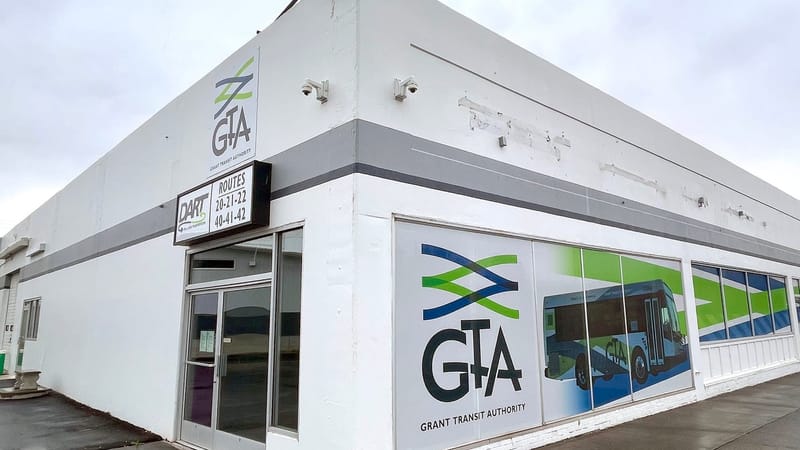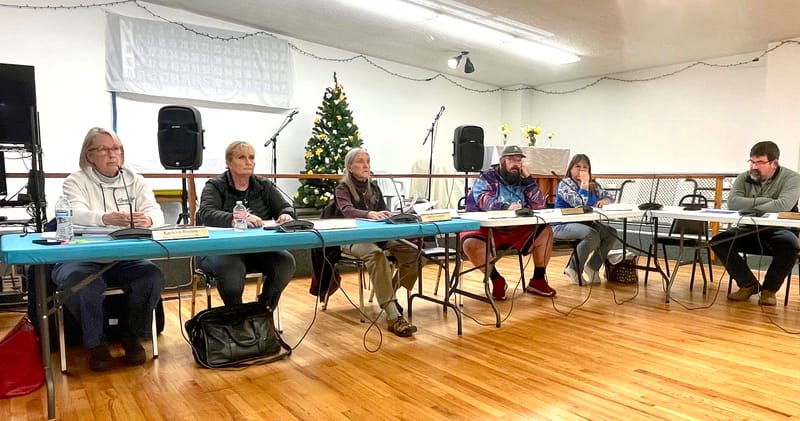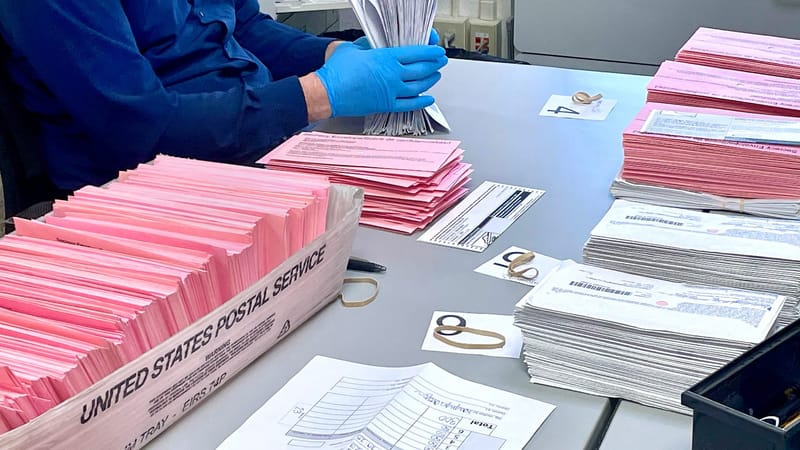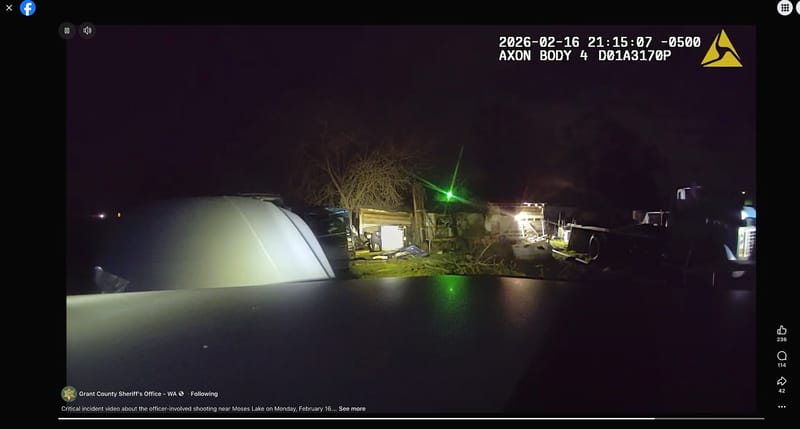Grant County voters will make multiple choices on Tuesday
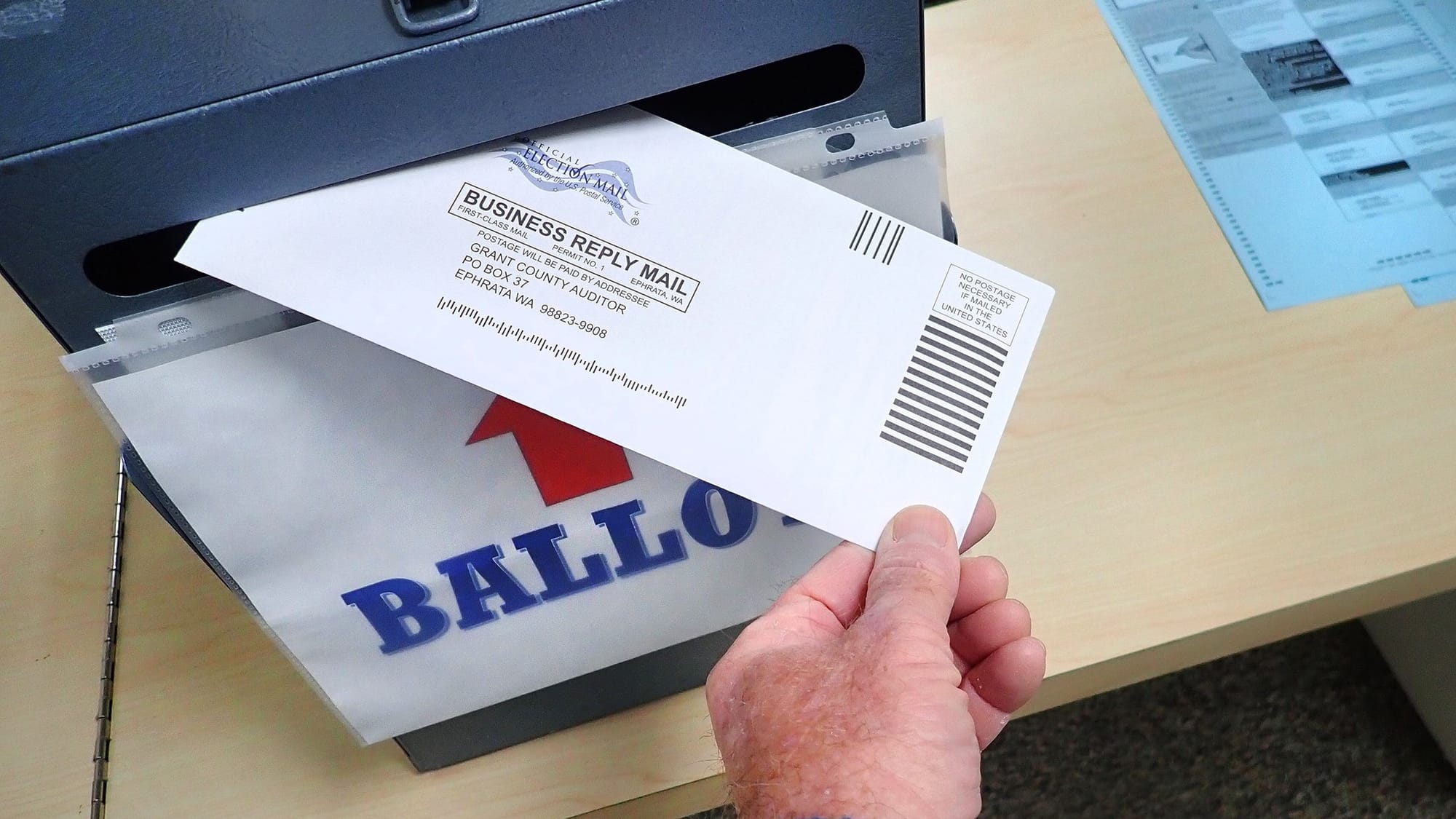
EPHRATA – Tuesday is Election Day in Washington state. And, depending on their location, Grant County voters will decide mayoral races in four communities – Coulee City, Ephrata, Quincy, and Soap Lake – along with several other contested positions on city councils and fire, hospital, port and school districts.
The positions are all non-partisan and most have four- or six-year terms beginning Jan. 1.
In addition, patrons in two public hospital districts will weigh in on a pair of money measures: a long-term construction/facilities bond proposed in Ephrata and a one-year “levy lid” increase sought in Mattawa.
All of the elective positions and measures can be viewed on sample ballots prepared by the Grant County elections department.
Ballots were mailed to voters in mid-October and must be postmarked or returned to official collection sites by 8 p.m. on Nov. 4. Individuals who are unregistered to vote can still sign up in person at the Grant County Courthouse in Ephrata before polls close on Tuesday.
To vote, you must be at least 18 years old, a U.S. citizen and Washington resident, and not currently serving a felony prison sentence.
Voters can track the status of their ballots online and find secure drop box locations at VoteWA.gov. Washington has 5.1 million registered voters and tallied results from each of the state’s 39 counties will be posted after 8 p.m. on election night. Results must be certified by local canvassing boards on Nov. 25 and by the Secretary of State’s office by Dec. 4.
In the mayoral races, Ephrata incumbent Bruce Reim faces a challenge from local tattooist and businessman Steve Oliver. In Soap Lake, interim appointee mayor Peter Sharp is being challenged by city council member Karen Woodhouse, a registered write-in candidate whose name does not appear on the ballot.
Coulee City mayor ShirleyRae Maes has an opponent in Don Rushton; Quincy mayor Paul Worley will face opponent Manny Rodriguez.
Along with the mayoral races, Grant County’s 14 cities and towns all have multiple city council positions up for election but only nine seats are contested: three in Quincy; two in both Coulee City and Electric City; and one each in Grand Coulee and Moses Lake.
Other Ephrata-based races include: Grant County Fire District No. 13 between Position 3 commissioner Kevin Danby and challenger Brian Black; Hospital District No. 3 between Position 2 commissioner Danny Bohnet and challenger Pamela McLaren; and Port District No. 9’s Position 1 commission seat between Jordan Hansen and Tyler Chase for a short- and full six-year term.
In Soap Lake, Rebecca Leavell and Mark Novik are vying for the Position 5/at-large seat on the local school board.
Most other elective positions on cemetery, city council, fire, hospital, port, school, and water districts have single candidates in uncontested races.
In Ephrata, unopposed candidates include school board members Jim Adams, Casey Devine, and Matthew Truscott and city council members Phil Borck, Kathleen Harris, and Matt Moore, along with council newcomer James Mathis.
Ephrata-based Public Hospital District No. 3 is seeking passage of a 30-year, $30 million bond proposition. To pass, the measure needs 60% approval plus “validation” of 40% turnout by voters within the district who cast ballots in the last general election.
If enacted, property owners would pay an estimated $1.90 per $1,000 of assessed valuation. For the owner of a $200,000 home, that’s about $380 annually. Sponsors of the proposition say the funding will pay for a new on-site community pharmacy and expanding and modernizing facilities which support clinic, outpatient, and specialty care.
In the Mattawa area, Grant County Public Hospital District No. 5 is seeking a “levy lid lift” that would authorize the district to receive its maximum regular property tax levy of 65 cents per $1,000 of assessed valuation in 2026.
The Nov. 4 ballot has only one statewide proposition for voters to consider. Senate Joint Resolution 8201 calls for amending the state constitution to allow money dedicated to Washington’s long-term care fund to be invested as allowed by law.
The Washington Constitution generally prohibits investing public money in stocks of private companies, but provides exemptions for public pension, retirement, and workers’ compensation funds, plus money held in trust for people with developmental disabilities. The Washington State Investment Board manages these funds.
The resolution previously received overwhelming bipartisan support from state legislators, but now requires simple-majority approval by voters for enactment.

